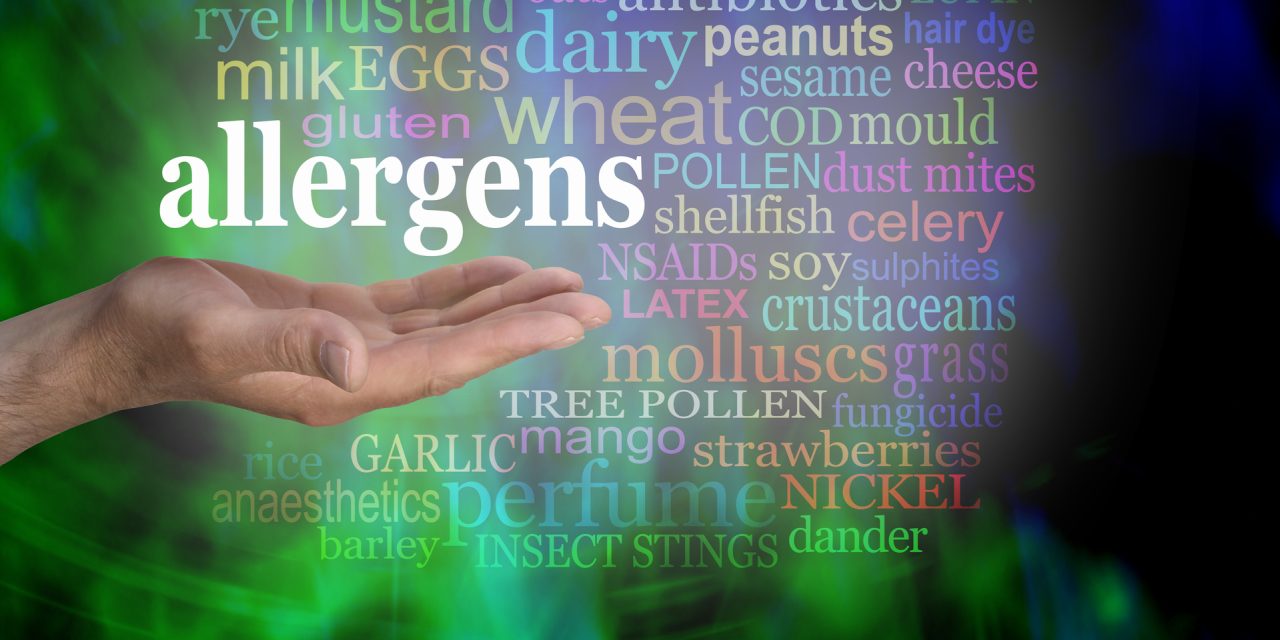Many nations are currently seeing substantial changes in allergy treatment: the availability of monocomponent solutions of pharmaceutical grade for sublingual immunotherapy is anticipated to have a significant influence on all immunotherapy practices and the speciality in general. The market for patient-named goods containing allergenic combinations is likely to decrease. Allergists are worried that single-source immunotherapy treatments may not be sufficient to meet the demands of all ‘polyallergic’ patients. The availability of molecular IgE-testing as a fresh diagnostic technique will reveal that most of the previously seen ‘polyallergy’ must be regarded as ‘pseudo-polyallergy.’ The new allergen components, which are being marketed for subcutaneous immunotherapy and sublingual immunotherapy, are expected to meet the demands of the great majority of polysensitizations. Diagnostic and treatment techniques are presently being challenged in nations where the compounding of “patient-tailored allergen extracts” has traditionally been used. According to a recent European study, allergists think that the great majority of polyallergic patients may be properly treated with licensed medicines without the need for compounding. Compounding by allergists or allergen producers will still be required for a small proportion of individuals with multiple allergies.
It indicates that a restricted portfolio linked with health authority guidelines will be adequate to respond to allergists’ treatment habits, even in polysensitized patients.


